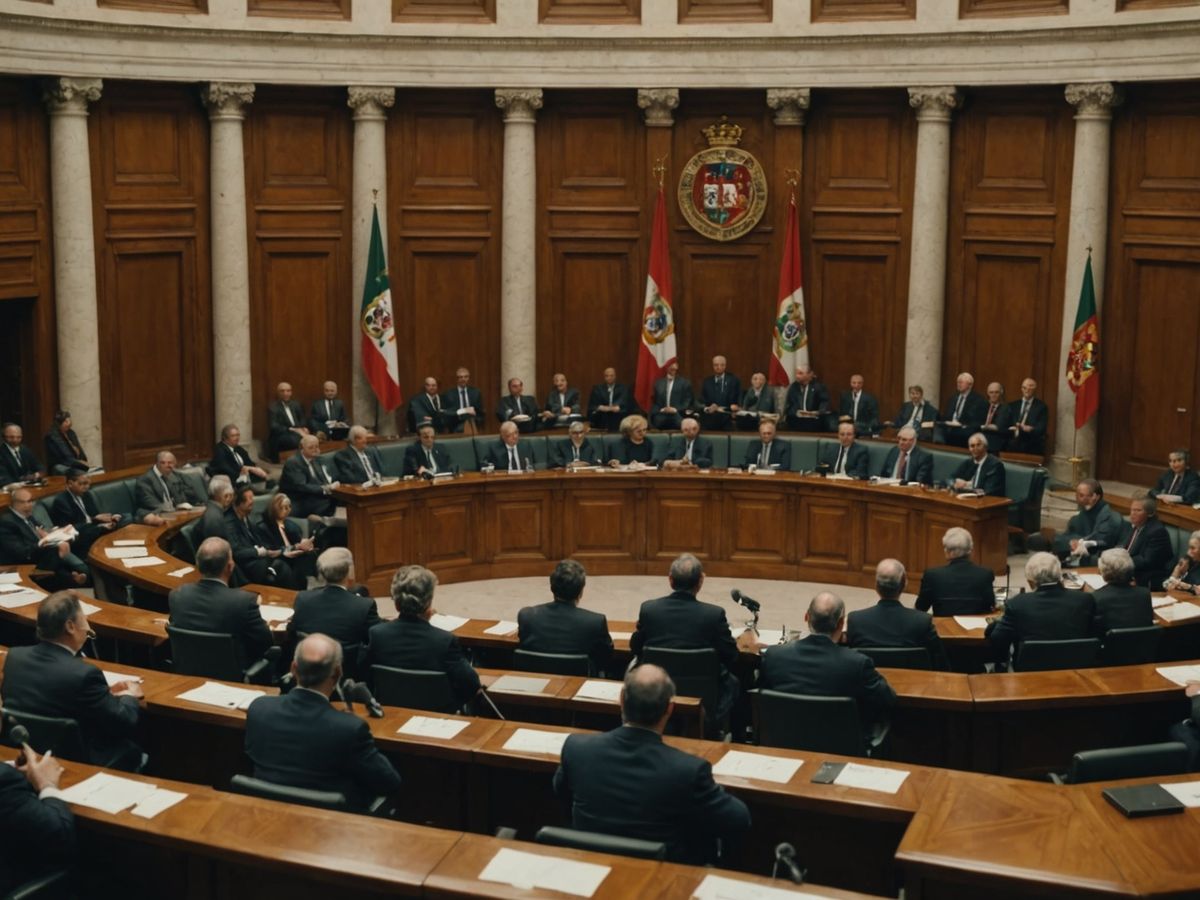Portugal is facing a significant political crisis following the collapse of its government due to a major corruption investigation. The scandal, known as Operation Influencer, has led to the resignation of Prime Minister António Costa and the rise of the far-right party Chega in recent elections, signaling a shift in the country’s political landscape.
Key Takeaways
- Operation Influencer has exposed alleged corruption at the highest levels of the Portuguese government.
- Prime Minister António Costa resigned amid the scandal, leading to snap elections.
- The far-right party Chega has made significant gains, quadrupling its seats in parliament.
- Portugal is now facing a period of political instability and uncertainty.
Operation Influencer: The Scandal Unfolds
Operation Influencer has shaken Portugal to its core. Public prosecutors have conducted searches at the official residence of the prime minister, the homes of government ministers, and the properties of well-connected businesspeople. Five individuals were arrested, and several others were named as official suspects. The investigation centers on suspicions of cronyism and influence-trafficking related to major investment projects, including lithium mines and green hydrogen initiatives.
The scandal has led to the government’s collapse, with elections called and the country in a state of political turmoil. The initial arrests and subsequent release of suspects have only added to the embarrassment for the judicial authorities and the country’s image.
The Resignation of António Costa
Prime Minister António Costa resigned after the Attorney General’s office announced a separate criminal investigation into his alleged facilitation of business in lithium mines. Although Costa was not accused of any crime, he cited this investigation as his reason for stepping down. His resignation has left the Socialist Party (PS) in disarray, with former Infrastructure Minister Pedro Nuno Santos stepping forward as a potential new leader.
The Rise of Chega
In the recent elections, neither the Socialists nor the center-right Social Democratic Party (PSD) managed to secure a majority. The far-right party Chega emerged as a significant force, increasing its parliamentary seats from 12 to 48. This unprecedented victory for the far right has raised concerns about the future direction of Portuguese politics.
Chega’s platform includes controversial policies such as creating a new crime of “illegal residence” and reviewing police regulations on the use of force. The party’s success reflects growing discontent with the traditional two-party system and the socioeconomic challenges facing the country.
Political Instability and Future Prospects
Portugal is now facing a period of political instability. The Socialists, weakened by scandals and internal strife, are struggling to form a cohesive government. The PSD, led by Luis Montenegro, is also grappling with the challenge of addressing the electorate’s disillusionment without aligning with Chega.
The far-left parties, including the Communist Party and the Left Bloc, have seen their influence wane, making it difficult to form a coalition similar to the one that brought the Socialists to power in 2015. As a result, the political landscape is fragmented, and the path to stable governance remains unclear.
Conclusion
Portugal’s government crisis has exposed deep-seated issues within the country’s political system. The rise of the far right and the collapse of the Socialist government signal a significant shift in the nation’s political dynamics. As Portugal navigates this turbulent period, the future of its democracy and governance remains uncertain.













